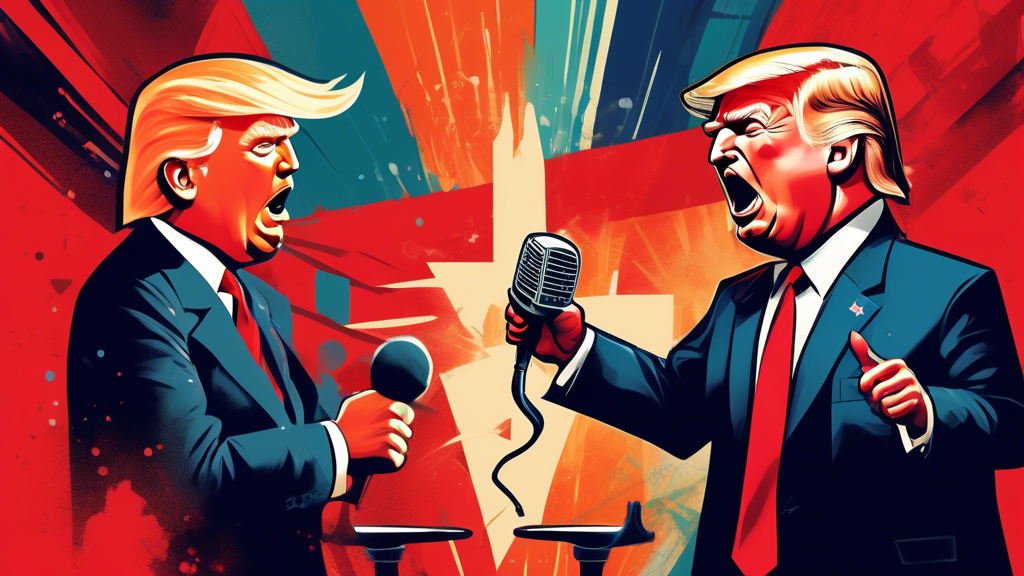
Trump vs. CBS Broadcasting Inc.: A Legal Challenge Likely Going Nowhere
Amid the ongoing political turmoil, former President Donald Trump has filed a lawsuit against CBS Broadcasting Inc., alleging that an edited segment of a *60 Minutes* interview with Vice President Kamala Harris was false, deceptive, and misleading. The lawsuit invokes Texas’s consumer protection law, claiming that the network’s editing represented an unfair act against the public.
Allegations in the Lawsuit
Trump’s lawsuit centers around the manner in which CBS edited the interview, asserting that this alteration misrepresented Harris’s statements and intentions. By doing so, he argues that CBS violated consumer protection laws designed to shield the public from deceptive media practices.
Constitutional Protections of False Speech
However, the legal landscape surrounding this lawsuit is complex. According to the Supreme Court’s ruling in *U.S. v. Alvarez* (2012), false expressions are generally afforded the same constitutional protections as true statements. This precedent implies that states have limited authority to impose liability for misleading political speech, indicating a significant hurdle for Trump’s claims against CBS.
FCC Regulations and First Amendment
While the Federal Communications Commission (FCC) wields more regulatory power over over-the-air broadcasts compared to other media forms, it has acknowledged the challenges of moderating speech deemed as misinformation. The FCC has clarified that it does not serve as a arbiter of truth, emphasizing that the responsibility for content rests with the broadcasters themselves.
Specific FCC Rules
Although the FCC prohibits the dissemination of knowingly false information regarding crimes or disasters—which could potentially incur public harm—this does not extend to political misinformation, further complicating Trump’s legal strategy. The nuances of FCC rules indicate a framework less inclined to entertain claims of misleading political speech.
Judicial Perspectives
Adding another layer of uncertainty, Justices Clarence Thomas and Ruth Bader Ginsburg have previously suggested that the legal precedent supporting FCC regulation of over-the-air broadcasting may be questionable. If cases like *Red Lion* and *Pacifica* were to be revisited, they could be sharply limited or even overruled, making the current legal framework surrounding broadcasting regulations less hospitable for Trump’s case.
State Law Limitations
Ultimately, the prevailing understanding is that state law cannot be wielded to curb alleged political misinformation, particularly as it pertains to media entities. This aligns with the overarching principle that states generally lack the authority to impose liabilities for false political speech, leaving Trump’s lawsuit facing significant legal challenges.
Conclusion
In summary, the lawsuit filed by Trump against CBS Broadcasting Inc. is poised to face formidable obstacles rooted in the First Amendment protections that govern political speech, even if that speech is false or misleading. Coupled with the limited role of state law and the FCC in policing such discourse, the likelihood of success for this legal challenge appears increasingly slim.
